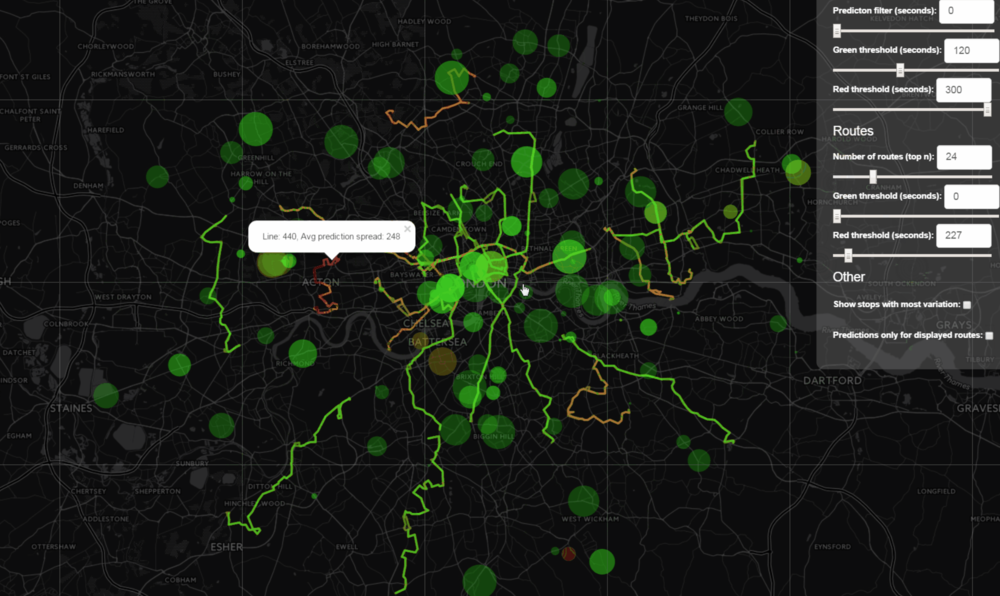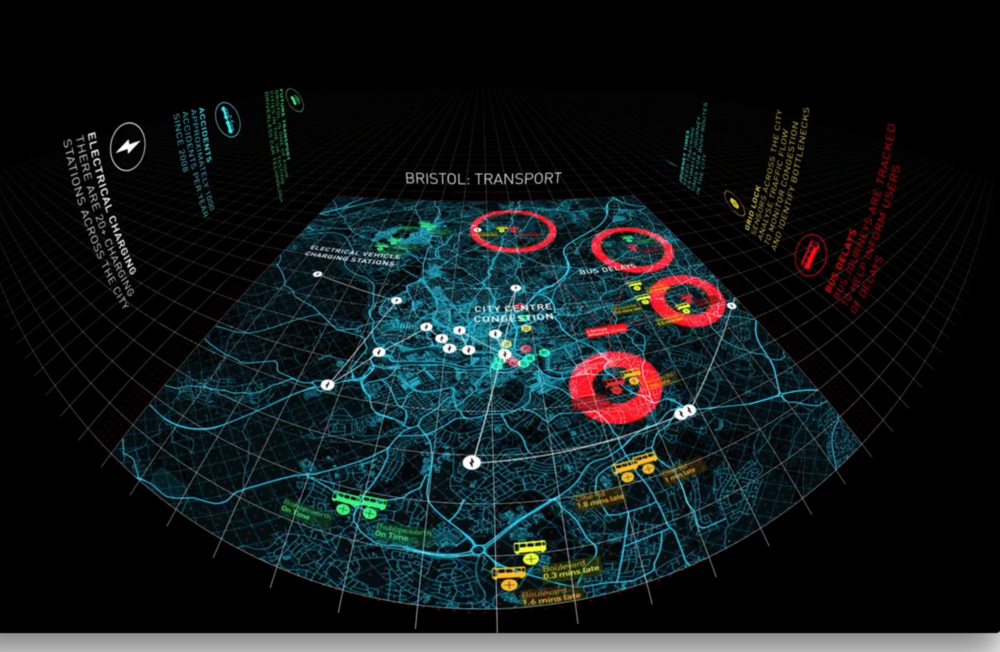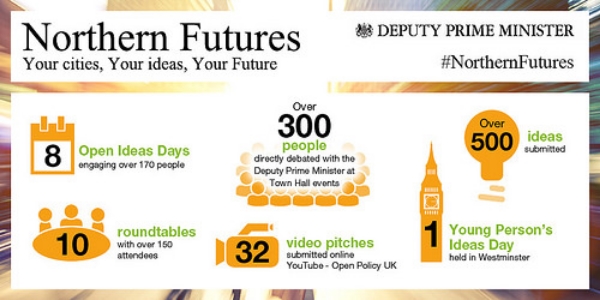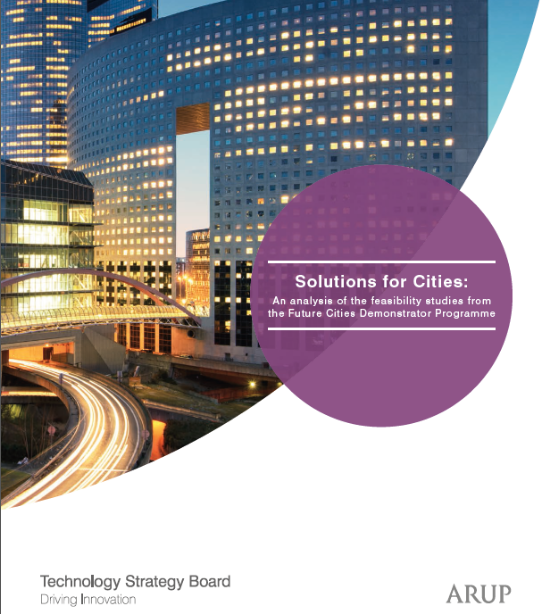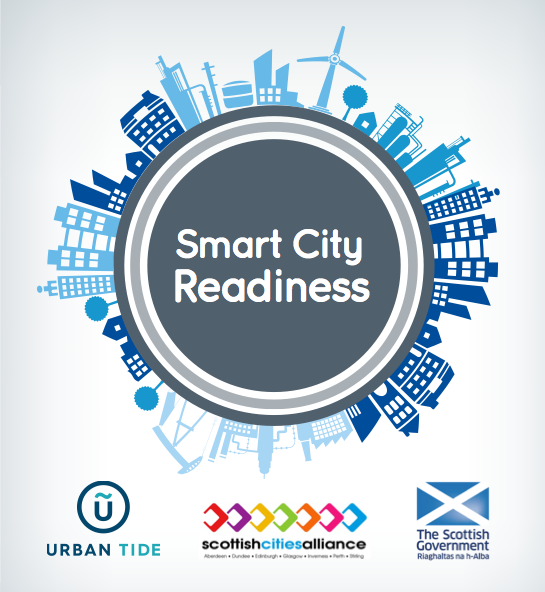Open data - is the open private sector the next frontier?
This blog post looks beyond the role of private sector as ‘just’ re-users of open data and serves as a taster session for the various flavours of the private sector’s involvement in the open data ecosystem.
October 24, 2016

During our open data training sessions, the role of the private sector is often considered and debated by our public sector participants who consider where the private sector’s role starts and where it stops and whether there are overlapping responsibilities as illustrated by the image below:
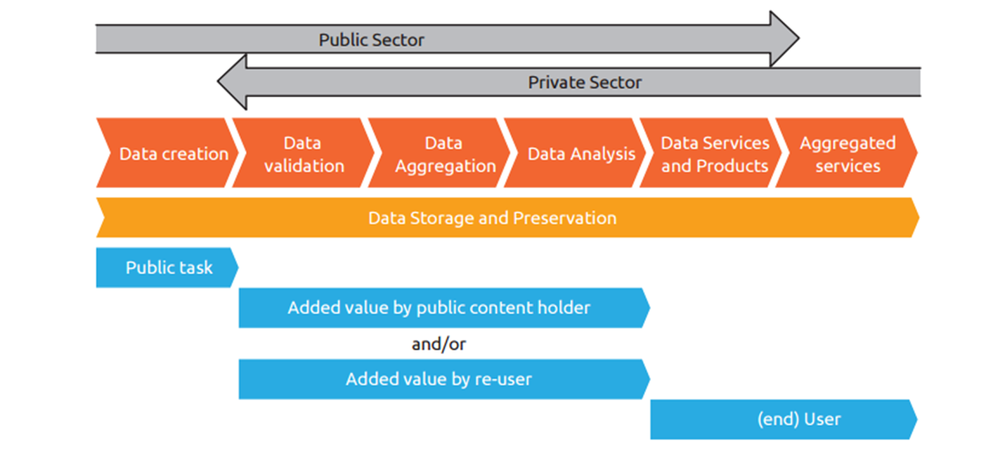
Source: Open Data Value Chain European Data Portal Report
There is a lot going on in this image and it is not complete, as there are now also private sector organisations who create data and open data up. One such organisation is Uber. The company agreed to share trip data with the city of Boston, Massachusetts, USA, in January 2015 to enable decision makers to get new insights that might help manage urban growth, relieve traffic congestion, expand public transportation, reduce greenhouse gas emissions and help Uber appear in a favorable light before regulations was passed that governs Uber’s activities in Massachusetts. According to articles from June 2016, the quality of Uber's data didn’t live up to expectations, providing data on only the zip code level, which was too large of a geographical area to successfully aid decision makers in urban planning.
However, the data shared with Boston has the potential to become open data as it becomes part of the public records and can be accessed through an open records request. It is interesting to note that according to sources, the agreement between Boston and Uber contains contains a section in case the city received an open records request for the data: "the City shall notify Uber upon receipt of such request or lawsuit so as to afford Uber the opportunity to take steps to prevent disclosure" and further language in the agreement indicates that if the city is sued, Uber will pay the legal fees.
High visibility ‘private sector organisations sharing their data with the public’ as with Uber and Boston are significant because they show there is a growing trend towards open data, where companies support the data creation step in the open data value chain.
There is an ever-growing emphasis on and an increasing number of private sector players working with cities and public sector organisations' open data, recognising the innovation and business growth potential open data can unlock. Due to the substantial and expanding private sector presence in the higher levels of the open data value chain; the direct market size of open data is expected to increase by 36.9% between 2016 and 2020 to a value of €75.7bn in 2020. The total market value of open data is estimated to be between €193bn and €209bn for 2016, with an estimated projection of €265 to €286bn for 2020, including inflation corrections. Although according to the European Data Portal 2015 report, public administration remains the sector that gains the most from opening data up: €22bn in 2020, and the current primary re-user of open data is the public sector as well. However, in recent years private sector organisations are gaining ground and are increasingly building businesses and business models around the re-use of open data so the forecasted total number of direct open data jobs in 2016 has an upper bound of 75,000 and is predicted to increase to just below 100,000 by 2020 in EU 28+.
In a recently published platform The Open Data Impact Map, a project of the Open Data for Development Network (OD4D), one can find a public database of organisations that use open government data from around the world. Currently the global number is 1725, with the UK being represented by 160 organisations identified as working directly with open data; this number is growing. As a side note, in case you check the list and realise that there are organisations missing, you can add to the list. Your submission will be reviewed and posted once approved.
Actively engaging the private sector in the open data value-chain is considered an innovation imperative. Identifying mechanisms for catalysing private sector engagement and innovation in the open data value chain is key and is backed by organisations such as the World Bank and the Centre for Open Data Enterprise. Private-public collaboration is also key when it comes to strengthening the global data infrastructure. The benefits of open data are diverse and range from improved efficiency of public administrations to economic growth in the private sector.
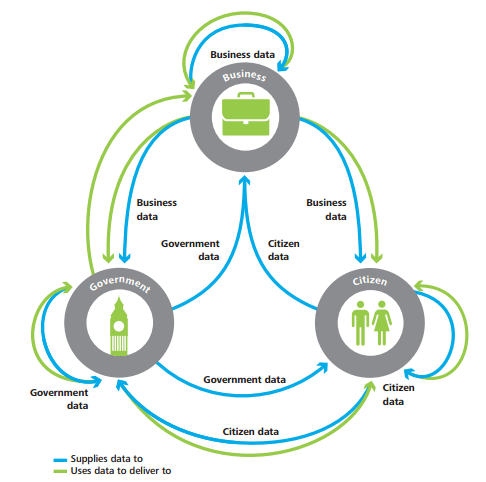
Source: Deloitte LLP Open Data Ecosystem
Many have been urging and emphasising that private sector should join the open data revolution not just as data re-users but also as data publishers: Harvey Lewis, research director in the Insight team at Deloitte said open data drives innovation and growth in both the public and private sectors.
“The government and the private sector have to realise that data by itself does not create value. Other organisations and individuals need to analyse datasets to create innovations. Over time, companies will be encouraged to release their data publicly.”
— Harvey Lewis, Research Director Insight team Deloitte
There are many reasons listed in the Deloitte report for why the private sector should open up some of their data sets, to name a few:
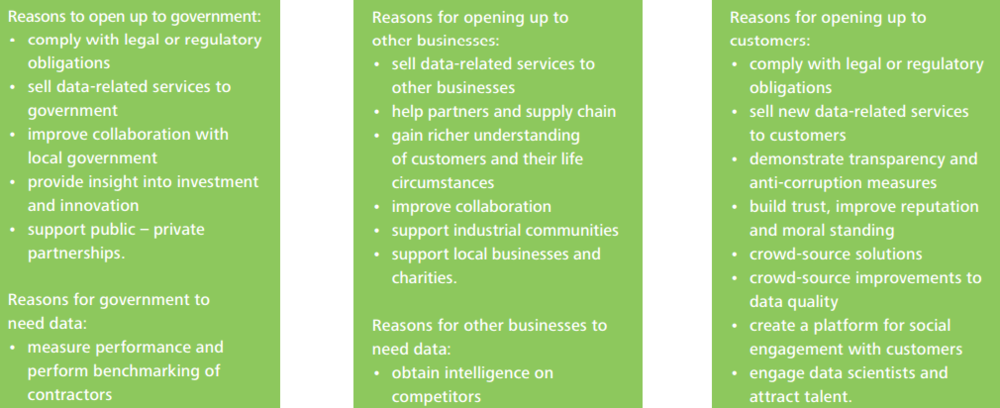
...and to provide a balanced view in this post and not to loose all our current and future private sector partners - here are the reasons why some companies choose not to open their data up or why some data sets will forever remain closed:
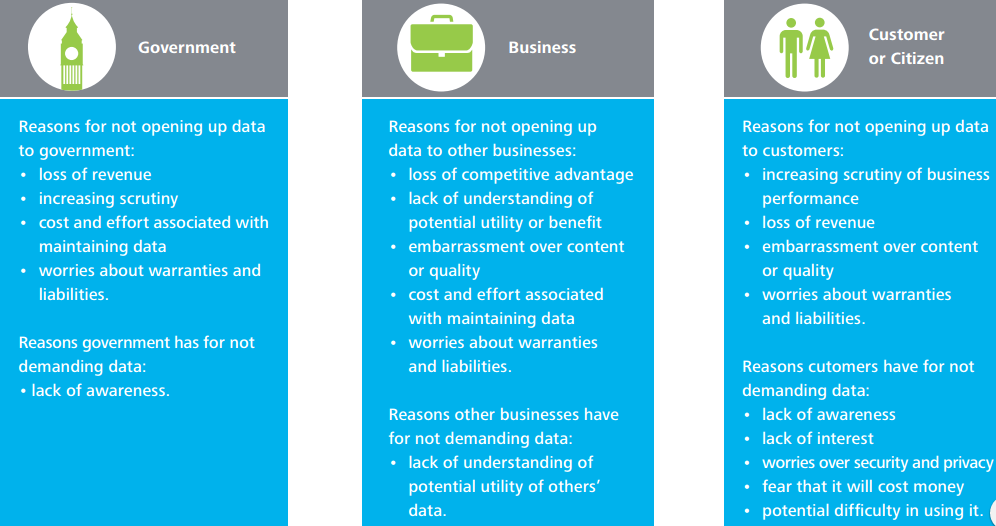
Some more examples of Open Private Sector Data (World Bank):
- Open Company Data Index with OpenCorporates to incentivise governments to increase corporate registries and to foster improved corporate accountability
- Open Supply Chain Global Dashboard to help companies track and improve business ethics, labor standards, environmental footprint and governance practices.
Either way if your are a private sector organisation and want to learn more about the potential of open data and the business growth it can induce, OR if you are a public sector organisation interested in catalysing private sector engagement and innovation around your data check out our training programme and mentoring services and let us join forces with you in providing you and your organisation a crucial competitive advantage in the open data ecosystem.
Let us know in a comment below if you know of any other exciting Open Private Sector data initiative.
For more interesting examples on Open Data and Business watch these presentation from the International Open Data Conference 2016.
More
Unlocking Ireland's Data Potential: Navigating the Open Data Directive with UrbanTide
News

UrbanTide's Commitment to Security: Officially ISO 27001 Certified!
News

uZero was awarded the edie Net Zero Innovation of the Year: Software, Systems & Services Award
News

Tackling the growing fuel poverty crisis and supporting the Just Transition to net zero
News

Low Carbon Homes’ Home Upgrade Show: Innovations in Retrofit
News

Data Integration and Collaboration are critical for the future of Transportation: Insights from JCT Symposium
News

uMove to support Bedfordshire Council to achieve ambitious sustainability plans
News

Active travel, the current challenges and solutions
News

Using the power of data to build cities of tomorrow
News

uMove supports the Smart Manuals for Streets programme from DfT
News

Scotland's Cycling Framework Makes Infrastructure Greatest Priority
News

Reducing emissions and improving health with active travel
Cycling Scotland

Targeting energy-efficiency campaigns to households most in need
Greater South East Net Zero Hub

Protecting an aging population from fuel poverty
Dartford Borough Council and Dover District Council

Identifying households eligible for energy grant support
The Wise Group

Facilitating active travel behavioural change with data
SEStran

Helping identify customers in or at risk of fuel poverty.
UK Power Networks

Open data promotes transparency, builds trust and empower citizens
Ireland Open Data Training

Identifying and unlocking new revenue from business rates with AI
North Lanarkshire

Tackling the growing
fuel poverty crisis with data and AI
UKRI

Understanding how we live and use our homes with real-time energy data
Smartline

Managing the impact of noise pollution on our cities
Noiseability

Accelerating the transformation of the UK’s energy systems
Energy Systems Catapult

Creating an integrated, affordable low-carbon energy system of the future
ReFLEX Orkney

Investing in sustainable transport infrastructure to become carbon neutral
Somerset County Council

Identifying ageing households at risk of cold and damp home
Sunderland City Council

Innovate UK funding to help our Planet Centred approach to retrofitting Europe’s leakiest homes
News

Open data is now a legal requirement in Ireland and the EU
News

New ‘uZero’ Artificial Intelligence software could help millions with their fuel bills
News
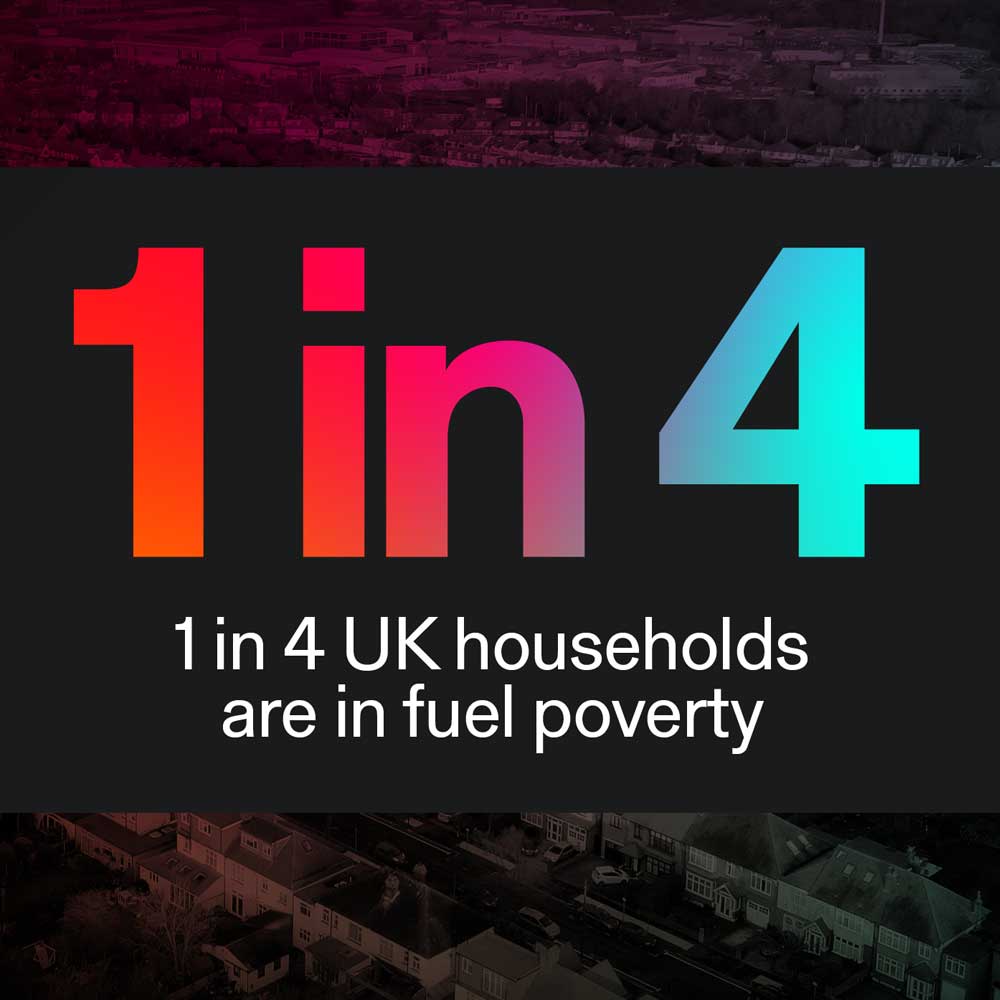
UrbanTide helps secure £48 million funding for Scottish Cities Alliance
News

UrbanTide leads £24 million program to make Glasgow a Future City
News

Building smart communities for OPEN Glasgow Engagement Programme
News

UrbanTide launches IoT data insights platform, uSmart
News
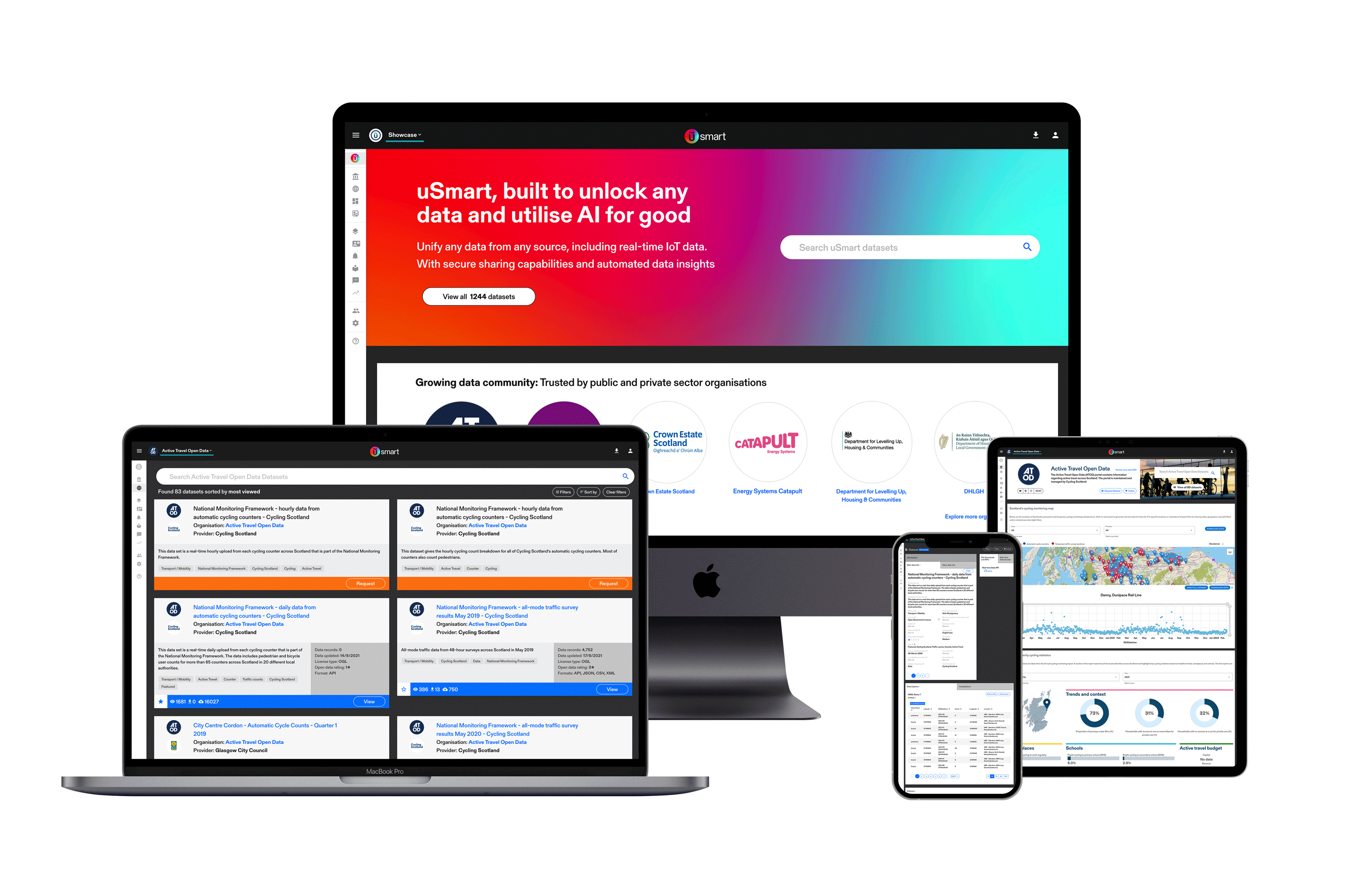
uZero announced as UKRI MEDA competition winner
News

Social Connect is a unique UK Power Networks (UKPN) innovation project
News

UrbanTide announces partnership with Energy Systems Catapult
News

UrbanTide marks four years of Open Data training in Ireland
News

Noisability: UrbanTide wins major bid as part of SynchroniCity program
News

UrbanTide joins prestigious Artificial Intelligence accelerator
News

UrbanTide recognised at ScotlandIS Digital Technology Awards
News

ODI publishes case studies that show how open data can be used in service redesign
News

UrbanTide teams up with North Lanarkshire Council to make better services with data
News

UrbanTide, Snook and North Lanarkshire Council announced as finalists for the 2018 Digital Technology Awards
News

Innovative smart communities IoT project powered by USMART
News
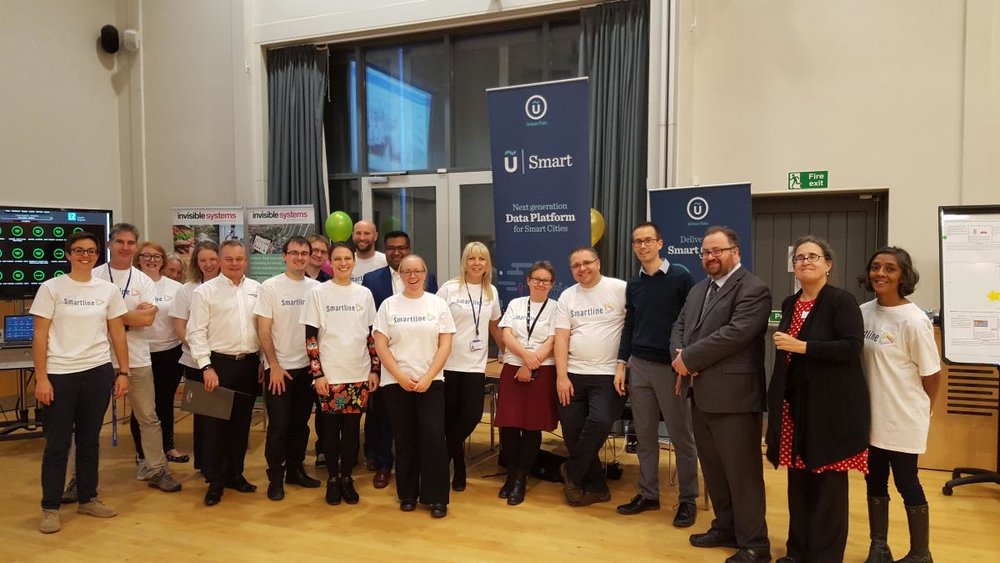
The Power of Data Science in the Health and Care Sector
News

UrbanTide to help transform Ireland by unlocking the power of open data
News

Stay ahead of the curve by learning more about these new smart cities standards
News

#DataFest17 - 12 key lessons we learned about smart cities, communities and the future of data
News
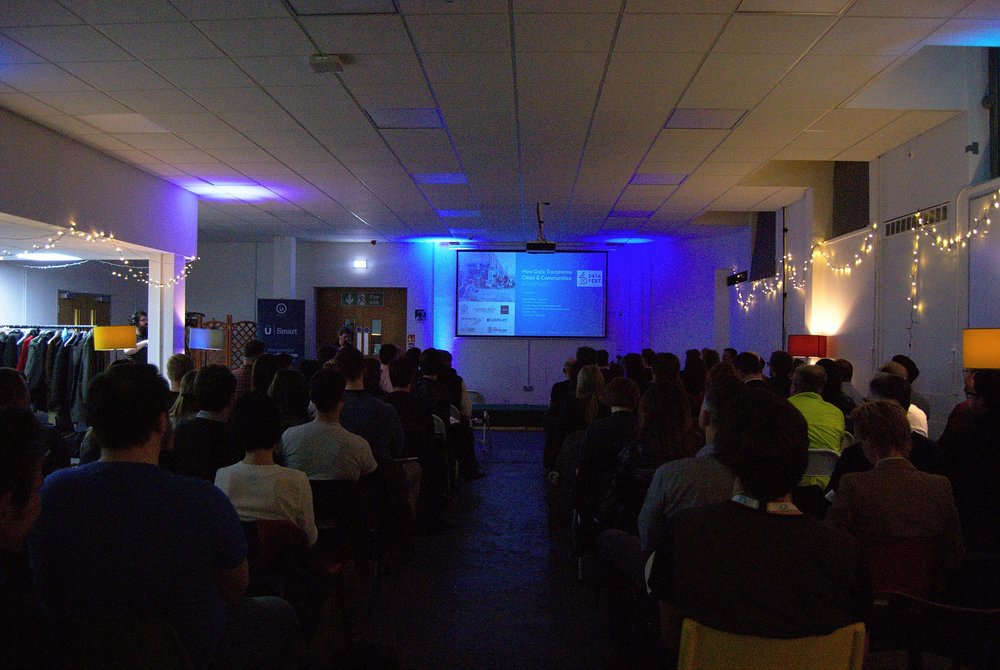
Emerging ideas for a renewed (Y)Our Glasgow City Centre
News

Future Health Hack - building the future of healthcare one line of code at a time
News
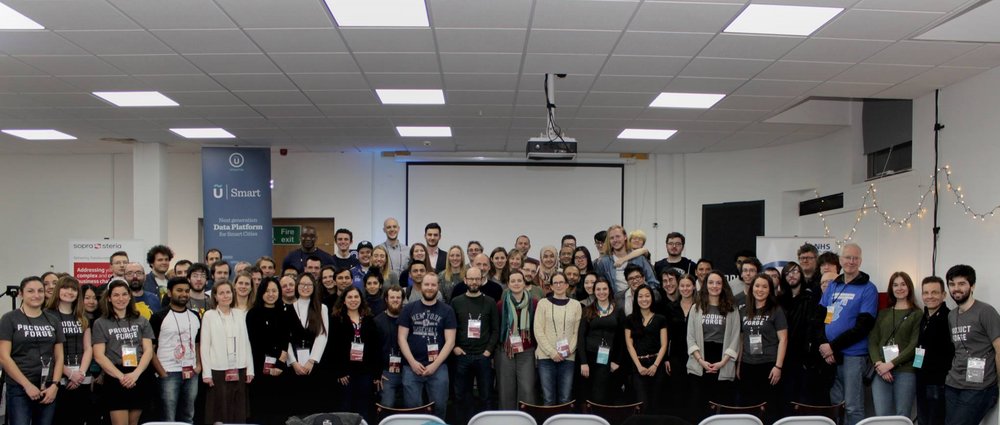
Meet our API Data Explorer – aka your new best friend if you are working with big data
News

Car parks ‘extinct’ in smart cities of the future?
News

3 awesome USMART features - with more coming soon!
News

Data scientists and USMART: a match made in heaven
News

We are now Regional Supporters of Open Data Impact Map
News

Next generation open data platform looking for beta testers!
News

Glasgow city centre regeneration - how smart can Glasgow be?
News

Open data - is the open private sector the next frontier?
News

Open data everywhere! Review of open data maturity in Europe, UK and Scotland
News

Feedback from our year delivering open data training for Scottish Government
News

Announcing our new open data training programme
News

Glasgow City Centre District Regeneration Frameworks
News

Metadata and metadata standards- reflections from our Chief Operational Officer
News

All about our Smart Cities Maturity Self-Assessment Tool
News

Open data training for Scotland's public sector
News

Engage - invest – Exploit (EiE) or Enjoyable - interactive - Experience (EiE)
News

UrbanTide and India: 5 Lesson's Learned from Simon's Trip to the Subcontinent
News

Cisco and the Smart Cities Council: 4 Messages from America...
News

Edinburgh continues to iterate, and then iterate again
News

Start your journey
Take a look at our product page to find out which UrbanTide AI tool has been designed for your needs.
Find out how we can support your data and AI projects and see our growing AI portfolio in action.













